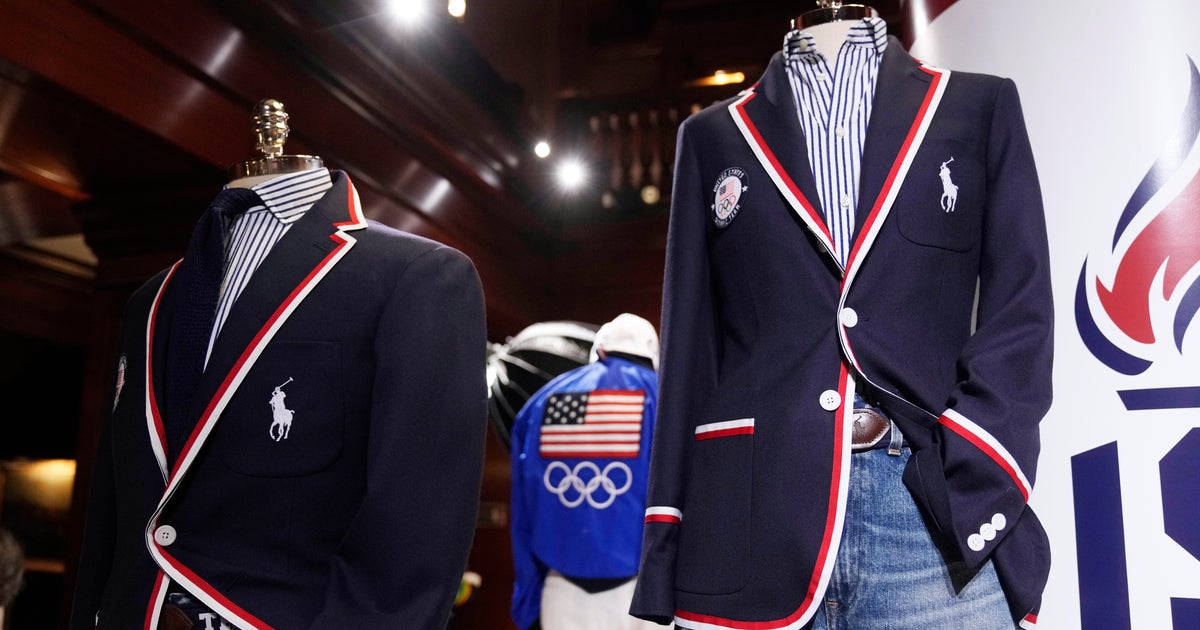Fentanyl is finding its way into the hands of middle schoolers. Experts say Narcan in classrooms can help prevent deaths.
As a high school student, UCLA senior Maddie Ward knew fellow students who overdosed on fentanyl, a powerful synthetic opioid.
At the time, she didn't know what the drug was, but the tragic incidents inspired her to learn about how she could respond to overdoses. While at college, an organization called End Overdose came to her campus, giving out naloxone, a medication that reverses opioid overdoses. Naloxone is best known by the brand name Narcan, which is available over the counter. Ward continued working with End Overdose, eventually becoming a co-founder of one of their first campus groups.
"Naloxone had always been so expensive and kind of confusing on how to get and where it was available ... Realizing it could be made so easy was really a great feeling," said Ward, whose campus organization now provides naloxone, fentanyl testing strips and educational resources to other students. "Being able to provide these resources and knowing that people are now able to be educated and potentially prevent someone else from dying is a really great feeling."
Amid a rise in overdose deaths and increasing overdoses in young people, educators and experts are taking naloxone into the classroom to try to prevent student deaths.
Monthly overdose deaths among young people aged 10 to 19 increased by 109% from 2019 to 2021, according to the Centers for Disease Control and Prevention. Ninety percent of those deaths involved opioids, the CDC said, and 84% involved illicitly manufactured fentanyl. Bystanders were present in two-thirds of the cases, but most provided no overdose response like administering naloxone, which is now available over-the-counter.
The American Medical Association has called for school staff to "put naloxone in schools so it can save lives," and more recently issued a statement in conjunction with other organizations encouraging states, schools and local communities to allow students to carry naloxone in schools of all grade levels. State and federal legislators have introduced legislation to require schools carry naloxone, and the Biden administration recently encouraged schools to keep the medication on-hand and teach staff how to use it.
Lynn Nelson, the president-elect of the National Association of School Nurses, said that the evolving overdose crisis is affecting ever-younger students, making it more important for schools to carry the medication and teach staff and students how to use it.
"Everybody's assumption was that it's not K-12 kids, it's people in their 20s and 30s (using drugs and overdosing)," Nelson said. "Then, I think the assumption was 'Well, we need to take care of this in high schools, but not in middle schools,' but I think we're starting to see it at the middle school level and have a few odd cases at the elementary school level."
Nelson said that in her experience, parents and other community members have grown to accept the need for naloxone in schools and are supportive of initiatives to reduce drug use and overdoses among students. In areas where parents and community members don't support such policies, she said, it's just because they haven't seen the effects of the overdose crisis for themselves.
"There really are areas where it has not yet been an issue, and I think in those areas, people are surprised and perhaps want to deny it's an issue," Nelson said. "If you haven't seen overdoses in your schools, as a parent, you might think it's an overreach, you might assume that it's still more of a young adult problem than a K-12 problem ... This is one more tool."
Theo Krzywicki, the founder and CEO of End Overdose, said that his group focuses on teaching high school students on how to use naloxone. Younger students learn about how to identify the signs of an overdose and alert an adult. Both of these techniques are meant to help bystanders intervene during an overdose.
"The fact that young people may not have access to naloxone is mind-boggling. It should be as common as a first aid kit in their education place," Krzywicki said. "The reality is that people are doing drugs right now. The data is showing we are skyrocketing, and so being able to have peers carry it is really, really important because then they're going to talk about it. If you're not making it available to students, to their peer groups, you are missing out."



